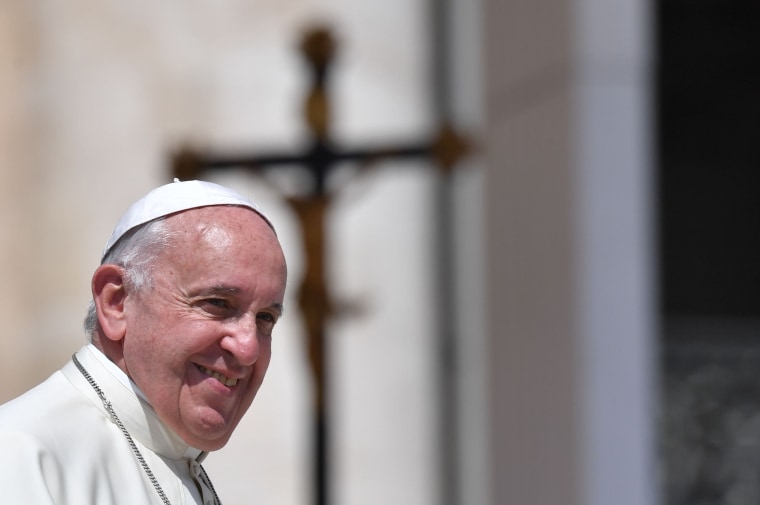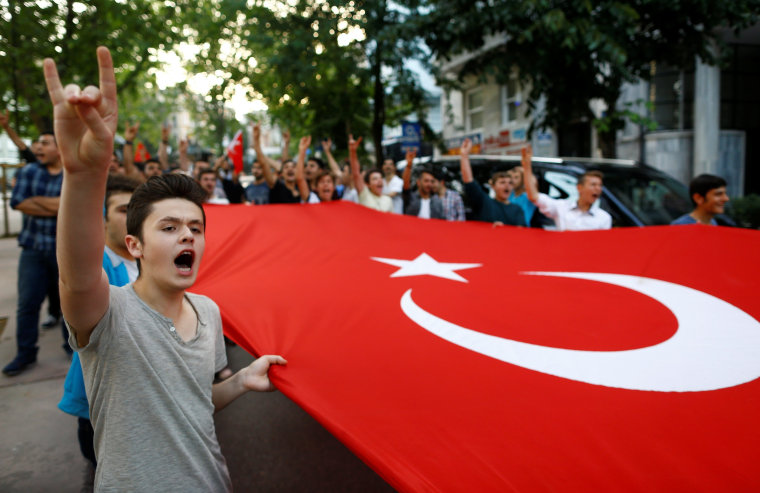ROME, Italy — Pope Francis will travel to Armenia on Friday to start a three-day trip that will test the Vatican’s already-strained relations with Turkey.
The pope's visit is officially to honor the country’s status as the first nation to recognize Christianity.
However, there will be intense focus on the words he chooses to describe the slaughter of up to 1.5 million ethnic Armenians by Ottoman Turks in 1915.
More than 20 nations have labeled the systematic killing of Armenians a genocide. Turkey firmly rejects the term, saying the deaths were collateral damage in its fight to curb the rise of Armenian separatists during World War I.

“Loss of life, regardless of numbers and regardless of possible guilt on the part of the victims, is tragic and must be remembered,” Turkey’s foreign ministry says on its website. “However, it is factually problematic, morally unsound and legally unfounded to call this episode a genocide.”
Francis, though, doesn’t agree.
During a Mass marking the 100th anniversary of killings in April 2015, he described the events as “the first genocide of the 20th century,” echoing a phrase first used by Pope John Paul II in a 2001 joint declaration ahead of his own trip to Armenia.
That prompted Turkey to summon the Vatican ambassador and recall its own envoy to the Holy See, citing “grave disappointment and sadness” over Francis’ remarks. Diplomatic relations were restored in February, but Turks and Armenians around the world will keep a watchful eye on the pope's trip to see whether he will reignite tensions.

The U.S. government has not officially recognized the episode as genocide but more than 40 individual states have done so. The House of Representatives also adopted resolutions using the term in 1975, 1984 and 1996.
Ronald Reagan was the only president to call it a genocide, in a 1981 speech. More recent occupants of the White House have shied away from doing so, especially given Turkey’s strategic importance as a partner in the post-9/11 War on Terror. While President Barack Obama used the term while a senator, he has avoided it since taking the Oval Office.
Aram Hamparian, the executive director of the Armenian National Committee of America, told NBC News that all eyes are on the pontiff to set an example.
“The pope is acting as a moral compass on Armenia’s genocide and if he calls it a genocide while in Armenia it will put pressure on President Obama, or whoever takes his place, to finally break the silence and call it a genocide once and for all,” Hamparian said.

Francis will visit the Armenian Genocide Memorial in the capital Yerevan on Saturday, where he will also meet descendants of Armenians who were offered a safe haven at the pope’s summer residence in Castel Gandolfo.
Should Francis become the first pope to use the term genocide while on Armenian soil, he will likely trigger a fresh diplomatic tussle with Turkey — but could also inspire governments around the world to follow suit.
Armenia, which became an independent country following the collapse of the Soviet Union in 1991, was the first country in the world to recognize Christianity as a state religion. It did so in 301 AD.
